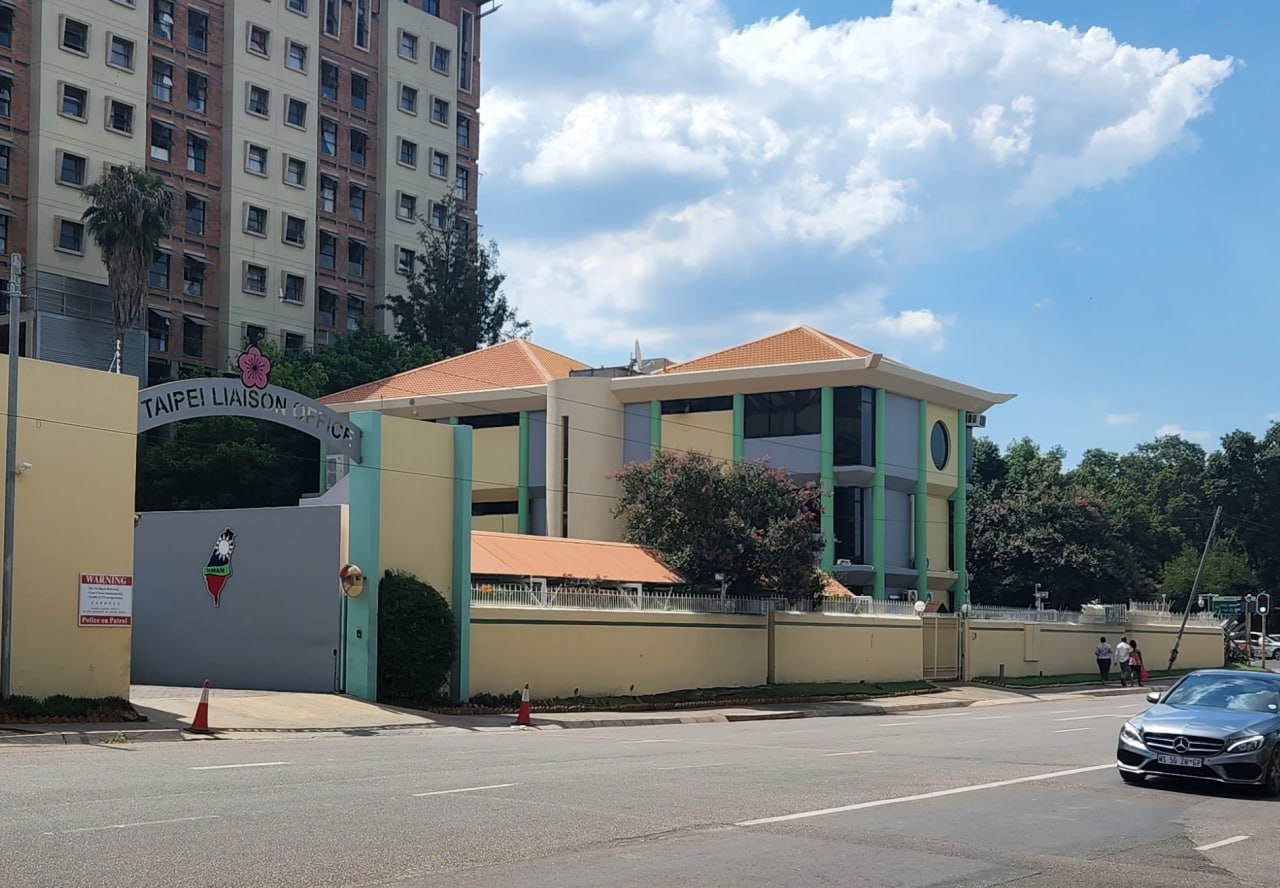In a significant development underscoring Taiwan’s ongoing diplomatic challenges, Taiwan has firmly rejected South Africa’s demand to relocate its representative office from Pretoria to Johannesburg. Taiwan’s Foreign Minister, Lin Chia-lung, called South Africa’s request “non-negotiable,” asserting that Taiwan would uphold its presence in South Africa’s administrative capital as stipulated in a 1997 bilateral agreement. According to Lin, this decision reflects Taiwan’s commitment to both diplomatic integrity and maintaining its longstanding African ties amid increasing pressures from China to limit its diplomatic reach.
Taiwan Stands Firm on Pretoria Presence
Lin Chia-lung, speaking before Taiwan’s Legislative Yuan’s Foreign and National Defense Committee, outlined the decision to remain in Pretoria as both legally grounded and symbolically important. According to him, the 1997 agreement explicitly mandates the establishment of liaison offices in each other’s capitals—a clause Taiwan is committed to honoring. Lin characterized South Africa’s demand as an infringement on the diplomatic understanding between the two countries, one that Taiwan intends to resist.
“This isn’t just about office relocation; it’s about upholding our agreements and ensuring our allies respect Taiwan’s diplomatic rights,” said Lin. He argued that Taiwan’s diplomatic positioning should not be compromised and criticized what he described as an erosion of Taiwan’s sovereignty by external influences.
The Role of Chinese Influence in South Africa’s Decision
The diplomatic request from South Africa comes amidst intensified Chinese pressure on African countries to limit official engagement with Taiwan. Over recent years, China has accelerated its efforts to consolidate its One-China Policy across the globe, targeting regions with Taiwanese diplomatic representations. By urging South Africa to shift Taiwan’s presence from Pretoria to Johannesburg—a commercial rather than administrative center—Taipei alleges that Beijing is attempting to marginalize Taiwan’s international presence further.
China has not publicly commented on South Africa’s decision, but its increasing influence on African foreign policy is well documented. Taiwan argues that these moves aim to strip it of official status in diplomatic circles, especially within influential countries on the continent like South Africa, where economic and diplomatic ties with China are particularly strong.
South African officials, however, have dismissed Taiwan’s allegations, characterizing the decision as a “routine diplomatic procedure.” According to South African representatives, the change merely reflects the country’s 1997 formal diplomatic shift toward the People’s Republic of China (PRC) and should not be misinterpreted as a response to foreign influence.
Renaming and Relocating the Taipei Liaison Office
In addition to the proposed relocation, South Africa has announced its intention to rename Taiwan’s Pretoria-based office from the “Taipei Liaison Office” to the “Taipei Trade Office.” This move, South Africa claims, aligns with its policy of recognizing Beijing as the sole representative government of China. By reducing Taiwan’s diplomatic status in name and location, the South African government states that the office would focus solely on trade and economic functions, rather than on political representation or diplomacy.
Taiwanese officials, however, see this rebranding as part of a broader strategy to diminish Taiwan’s diplomatic presence and recognition globally. For Taiwan, maintaining the term “Liaison” in its office’s title is fundamental to its perception of respect for Taiwan’s status and history in international relations.
Taiwan Warns of Retaliatory Measures
In response to South Africa’s actions, Lin Chia-lung hinted at reciprocal measures, suggesting that Taiwan may consider relocating South Africa’s office in Taipei. This approach, Lin stated, serves to reinforce Taiwan’s commitment to mutual respect in diplomatic dealings. According to Lin, a relocation of South Africa’s office in Taipei would underscore the importance Taiwan places on the principle of reciprocity in international relations.
Taiwan has historically navigated diplomatic challenges with resilience, especially as Beijing intensifies its influence in Africa. Lin’s statement underscores Taiwan’s intent to defend its interests without yielding to outside pressures and to encourage South Africa to honor their 1997 agreement in both spirit and practice.













Leave a comment